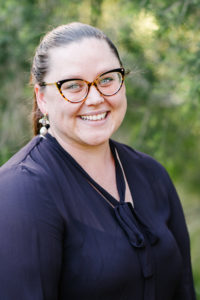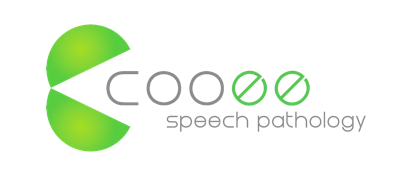How can Speech Pathology support Echolalia?

In our Northside Brisbane clinic, the topic of Echolalia comes up often in conversation with parents.
Echolalia is the imitation of other people’s words and sentences.
Imitation of language is an important developmental step as children acquire and begin to understand and use language. Generally, this stage of development can last until around 2 ½ years of age.
Echolalia is also present in a lot of children who are diagnosed with Autism Spectrum Disorder and other neurological conditions.
What is Echolalia?
There are two main types of echolalia.
These are classified as immediate (occurs immediately after the stimulus) and delayed (some time after the stimulus).
Immediate echolalia is when a phrase, word or sentence is immediately repeated. For example, you could ask “do you want a drink?” and the child would say “do you want a drink?”.
Delayed echolalia is when a child repeats words, phrases or sentences that can be hours or years after the stimulus.
Adding to immediate and delayed echolalia, there are also subsects called mitigated and ambient echolalia.
Mitigated echolalia is where the repetition of the original phrase/sentence is altered slightly.
Ambient echolalia is the repetition of environmental stimuli (e.g. imitating the sound of a fan or a car).
Echolalia may serve a communicative function (when in context and serves an apparent communicative purpose) or semi communicative (unclear meaning of the echolalia).
New research is showing promising information that echolalia can perform a communication base or protective aspect for children.
Research is also investigating the use of echolalia in intervention to assist in facilitating acquisition and generalisation of skills for children on the Autism Spectrum.
How can we help?
At our Northside Brisbane-based clinic, our Speech Pathologists assist children who present with echolalia to learn larger chunks of language and assist in building knowledge and vocabulary to use their repetitions more flexibly.
It can be confusing when trying to understand or support a child with echolalia and how we can support more flexible language and communication using echolalia.
To provide high-quality evidence-based services, we are consistently accessing information and new research to inform our practice. Our trained Speech Pathologists and Occupational Therapists have experience and knowledge supporting children with various language, communication and social challenges and can provide structures or supports to support the children we see reach their full potential.
If you are concerned for your child’s development or would like further information regarding therapy or the intervention process, please don’t hesitate to get in touch with our Northside Speech Pathologists and/or Occupational Therapists via [email protected] or call us at the clinic on (07) 3265 4495.

Libby Hall
Speech Pathologist
